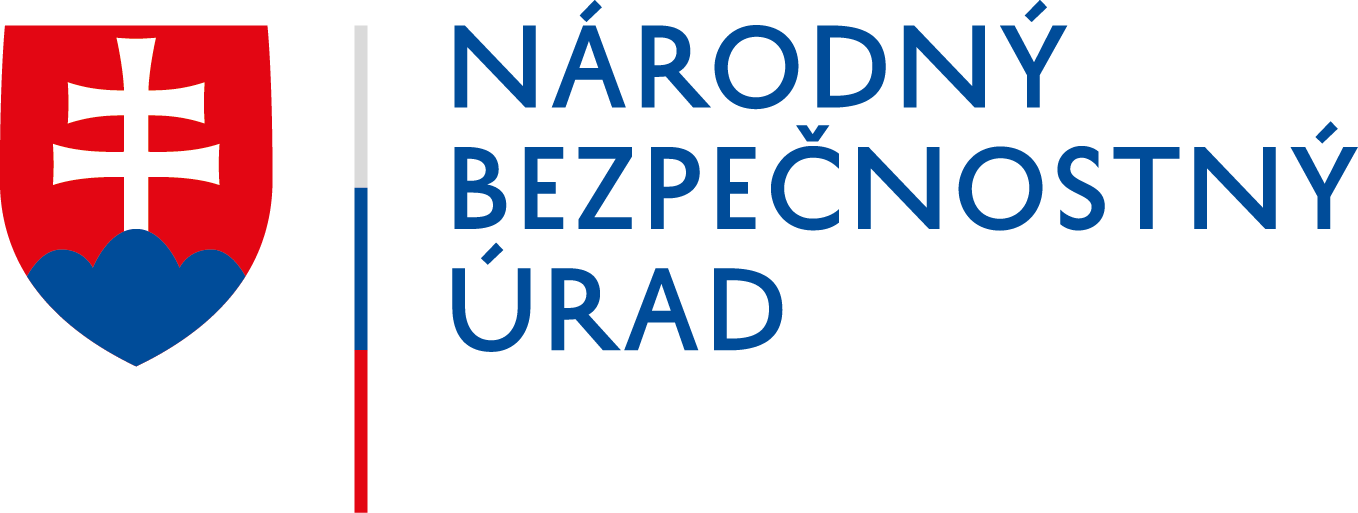Tips for Teens
Share With Care
- What you post can last a lifetime: Before posting online, think about what others might learn about you and who might see it in the future – teachers, parents, colleges and potential employers. Share the best of yourself online.
- Be aware of what’s being shared: Be aware that when you post a picture or video online, you may also be sharing information about others or personal details about yourself like where you live, go to school or hang out.
- Post only about others as you would like to have them post about you: The golden rule applies online as well. Ask permission before you tag a friend in a photo.
- Own your online presence: It’s OK to limit who can see your information and what you share. Learn about and use privacy and security settings on your favorite online games, apps and platforms.
Personal Information Is Like Money. Value It. Protect It.
- Know what’s being collected, who is collecting it and how it will be used: Information about you, such as the games you like to play, what you search for online and where you shop and live, has value – just like money. Be thoughtful about who gets that information and how it’s collected through apps and websites. Only use a product or service if the company is open and clearly states how it will use your personal information. If you’re not sure what a business will do with your information, ask your parents. Think twice if an app wants permission to use personal information (like your location) it doesn’t need before you say “OK.”
- Secure your devices: Use strong password, passcodes or touch ID features to lock your devices. Securing your device can help protect your information if your device is lost or stolen and keep prying eyes out.
- Get savvy about WiFi hotspots: Public wireless networks and hotspots are not secure – this means the possibility exists that anyone can see what you are doing on your laptop or smartphone while you are connected to it. Think about what you are doing and if you would want another person to see it. If you use public WiFi a lot, think about using a virtual private network (VPN) that provides a more secure WiFi connection.
- Now you see me, now you don’t: Some stores and other locations look for devices with WiFi or Bluetooth turned on to track your movements while you are within range. Turn off WiFi and Bluetooth when not in use, and limit your use of free public wireless networks, which stores and locations can use to track what you do online.
- When in doubt, throw it out: Links in e-mail, tweets, posts, and online advertising are often the way bad guys get access to your personal information. If it looks weird, even if you know the source, it’s best to delete.
(Author: National Cyber Security Alliance, published under Public License)
First publication . Last update





